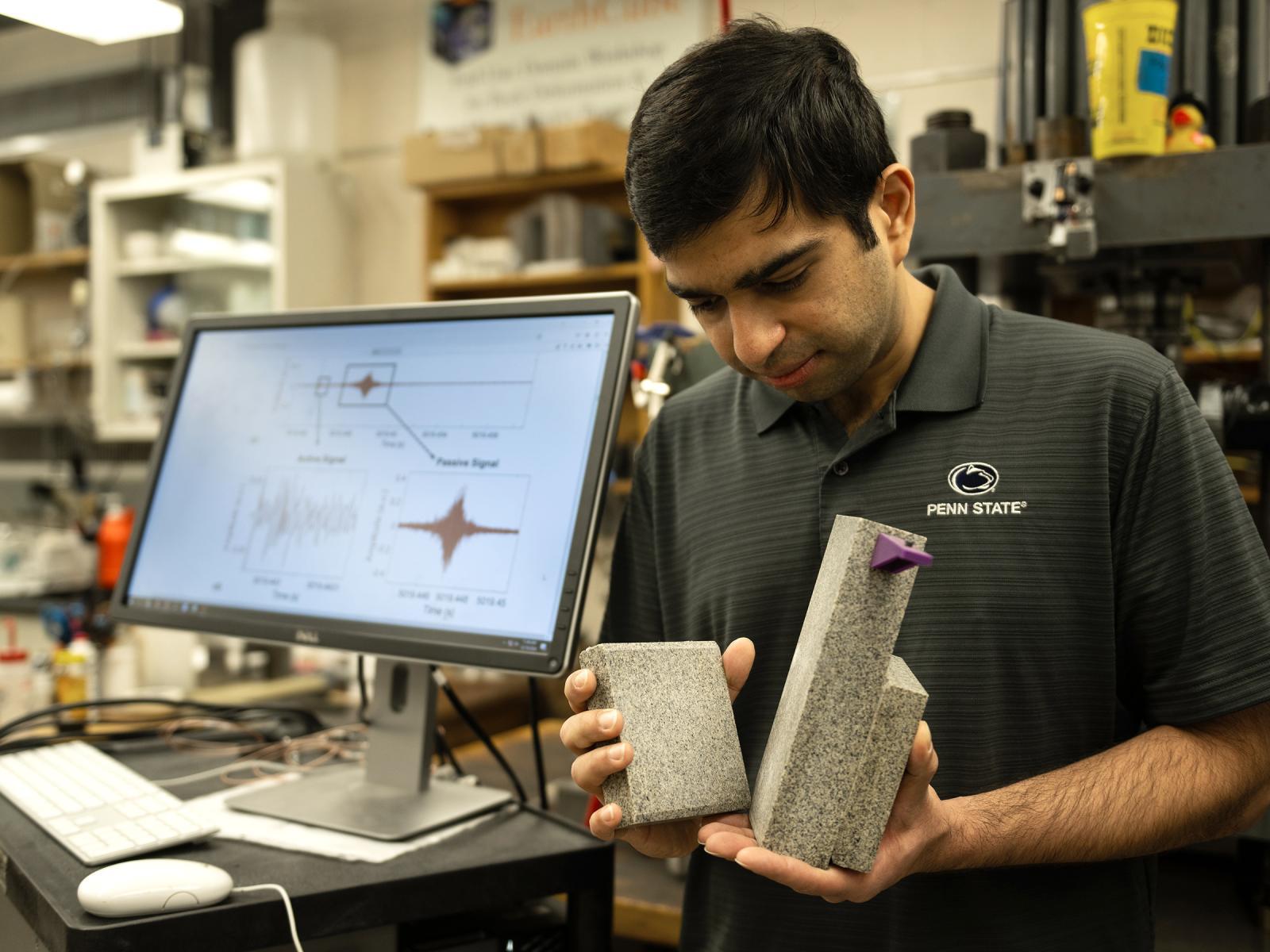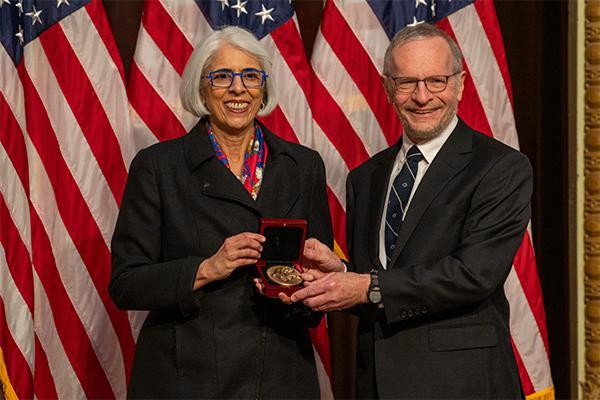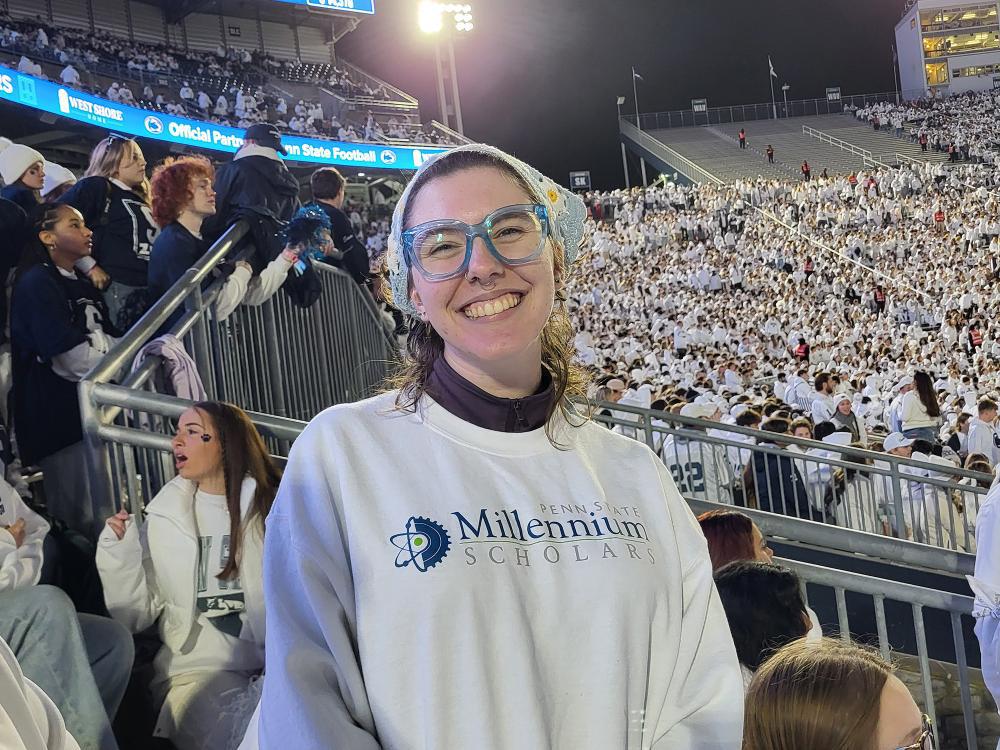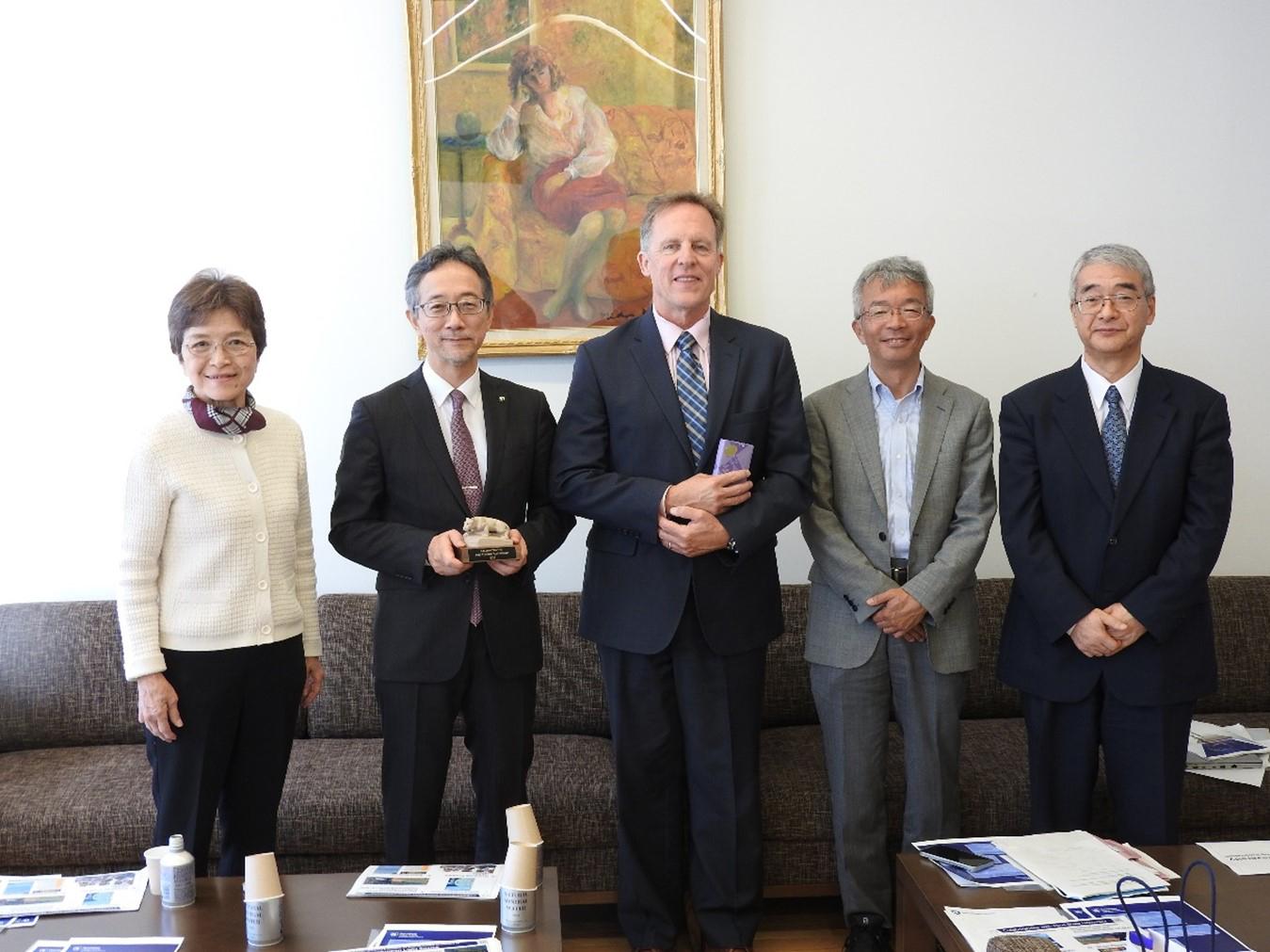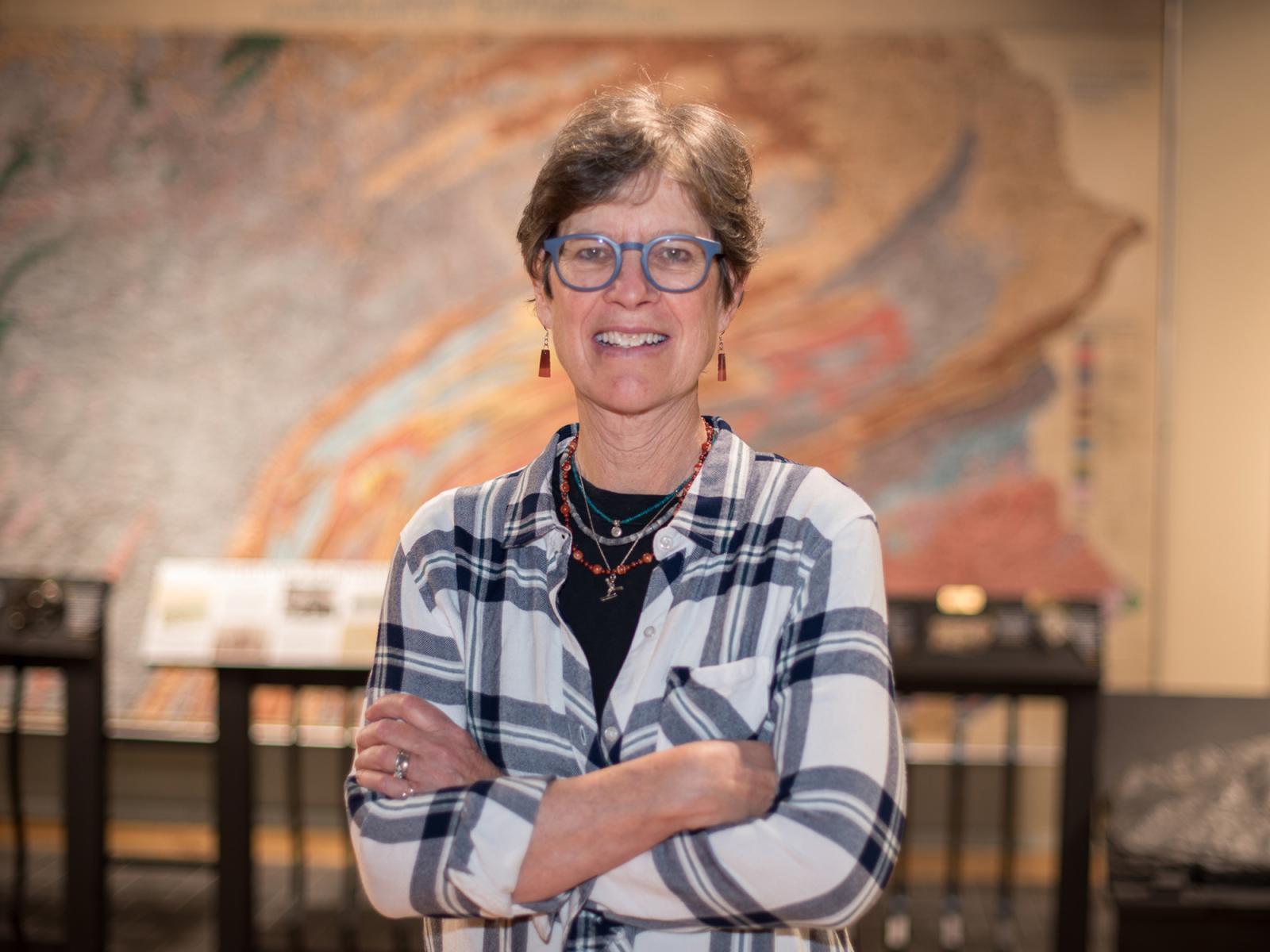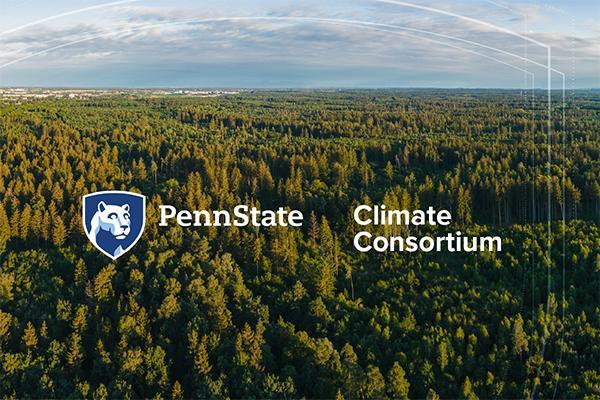To develop and train the physics-informed neural networks, Prabhav Borate, a graduate student in engineering science, used labquake data collected in the Rock Mechanics Laboratory of co-author Chris Marone, professor of geosciences in the College of Earth and Mineral Sciences.
The STEM Libraries at Penn State University Park have announced their calendar of workshops and events for graduate students for the spring 2025 semester. The libraries include the Fletcher L. Byrom Earth and Mineral Sciences Library, Engineering Library, Life Sciences Library, Physical and Mathematical Sciences Library and Harrell Health Sciences Library Research and Learning Commons.
Richard Alley, Evan Pugh University Professor of Geosciences at Penn State, was awarded the National Medal of Science at a White House ceremony on Jan. 3.
Australia's forest ecosystems, renowned for their extraordinary diversity of rare plants and animals, also play a vital role in mitigating climate change by absorbing and storing carbon. However, fossils from these ancient forests are reshaping the understanding of modern forest management practices. According to Peter Wilf, professor of geosciences at Penn State, current methods, including prescribed burning, may be disrupting the delicate ecological balance.
Ava Yurchak is a senior majoring in geosciences and a Millennium Scholar. She wants to earn a master’s or doctoral degree and credits the Millennium Scholars Program with opening doors.
Lee Kump, dean of the College of Earth and Mineral Sciences and professor of geosciences at Penn State, visited Tohoku University and met leadership on Oct. 29 and 30, 2024. (From left to right): Yumiko Watanabe, specially appointed professor of the Global Learning Center and a Penn State alumna; Masahiro Yamaguchi, vice president for education reform and global engagement; Lee Kump; Takeshi Kakegawa, professor of the Graduate School of Science and a Penn State alumnus; and Yoshitaka Kasukabe, professor emeritus and specially appointed professor (research) of the Global Learning Center.
The question was asked, "What’s next", Brantley said she and her husband, Andy Nyblade, professor and former head of the Department of Geosciences, will maintain their home in State College. But they will do more traveling, including visiting their daughters, who are both early-career geoscientists. Their daughters also happen to live near some of Brantley’s favorite places to ski and paddle on her kayak — two of her passions.
“I feel very happy about retirement, because I'm really happy with the kinds of things that I have already done, and now I have the freedom to do more of the same, but less of the same,” Brantley said. “And I have a lot more time to be outside.”
Penn State will be sending its second delegation of students and faculty to COP29, the United Nations’ annual climate meeting, which will be held Baku, Azerbaijan in November. In attendance, Olivia DiPrinzio, an undergraduate student in College of Earth and Mineral Sciences (EMS), Department of Geosciences.
The Penn State Climate Consortium has awarded funding to four research projects that look to put promising climate solutions into action through interdisciplinary partnerships.
Tushar Mittal, assistant professor of geosciences in the College of Earth and Mineral Sciences at Penn State, was named a 2024 Packard Fellow by the David and Lucile Packard Foundation. Mittal is among this year’s class that features 20 innovative early-career scientists and engineers, each of whom will receive $875,000 over five years to pursue their research.


